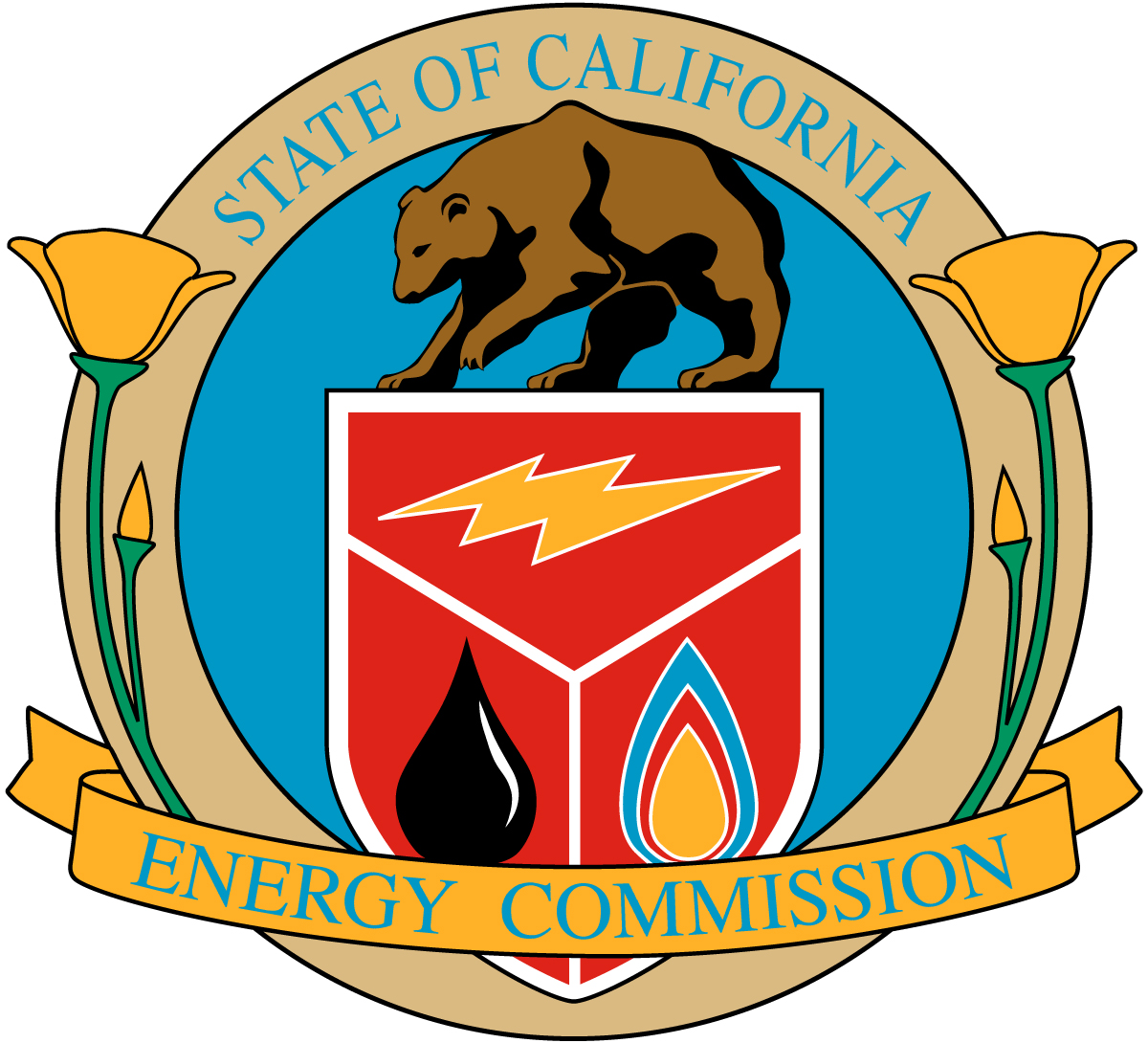Energy Commission Awards More Than $300,000 for Electric Vehicle Charging Infrastructure
Funded Projects Will Make Progress in Fulfilling Governor's Executive Order

The California Energy Commission today approved funding of $341,045 to help increase the state's plug-in electric vehicle charging infrastructure. These awards help to fulfill the state's pioneering climate-change policies and promote the development of clean energy transportation for California.
"These investments in charging infrastructure will support the growing number of plug-in electric vehicles on California roadways," said Energy Commissioner Carla Peterman. "The availability of this charging infrastructure is crucial to fulfilling the Governor's executive order to significantly expand the market for zero emission vehicles in California, which will improve air quality, reduce petroleum use and create jobs."
Gov. Brown's executive order of March 23, 2012 directs state government to support and facilitate the rapid commercialization of zero-emission vehicles (ZEVs) in California, with a target of having 1.5 million ZEVs on California roadways by 2025. The order also requires that sufficient infrastructure be installed in California to support 1 million ZEVs by 2020.
The infrastructure awards approved today are made through the Commission's Alternative and Renewable Fuel and Vehicle Technology Program, created by Assembly Bill 118. For the current fiscal year, 2012-13, the program is slated to invest approximately $90 million to encourage the development and use of new technologies, and alternative and renewable fuels, with the goal of reducing dependence on foreign oil and improving the environment. It is funded through a small surcharge on vehicle and boating registration and smog check fees.
The state's investments are safeguarded by matching-fund requirements for awardees, and by making payments on a reimbursement basis.
Three of the awards are for projects that include installation of Level 2 electric vehicle charging infrastructure.
Level 2 systems are expected to become the most commonly used charging systems, and are suitable for home, business fleet, and public facilities. They use 208-240 volt power and typically provide 10 to 20 miles of range for each hour of charging. Level 1 charging systems use 110 volt power and typically provide 2 to 5 miles of range for each hour of charging. DC fast-charging systems typically provide 60 to 80 miles of range in 20 minutes of charging. These are expected to be particularly suited for use at highway rest stops to provide quick range extension for longer trips.
The award recipients are:
The California Department of Housing and Community Development will receive $200,000 to conduct an assessment of the costs and code requirements for installing electric vehicle charging infrastructure in residences, including single-family homes, condos and apartments. The information will be instrumental in establishing future residential code requirements for use throughout the state.
Alternative Energy Systems Consulting, Inc., will receive $69,446 to install five RWE Level 2 eStation Smart Systems, each consisting of two charging outlets for a total of 10 charging outlets to be used in parking structures on the campus of the University of California, San Diego (UCSD). Alternative Energy Systems Consulting, Inc., is a small business located in Carlsbad (San Diego County).
This project will expand the university's electric charging network and reduce its fleet petroleum consumption and greenhouse gas emissions. UCSD has more than 800 campus vehicles, including five Nissan Leafs and more than 50 hybrid-electric vehicles. Nearly half of the campus fleet has been converted to near-zero emission vehicles. Diesel fuel has been replaced with ultra-low sulfur biodiesel, and many buses, street sweepers, cars and trucks have been converted to run on compressed natural gas. This project will provide needed electrical charging infrastructure, and will also provide valuable performance data.
Office of Fleet and Asset Management, California Department of General Services (DGS), will receive $41,475 to upgrade the existing electrical system and install nine Level 2 electric charging stations at the State Garage in Sacramento. These charging stations will allow the office to power 10 new electric vehicles for the state's rental car fleet, thereby reducing the fleet's petroleum use and greenhouse gas emissions. In addition, other state agencies will have the opportunity to use electrical vehicles through the DGS rental car program, demonstrating the value of acquiring electric vehicles for their own fleets.
OurEvolution Energy and Engineering will receive $30,124 to construct, maintain and operate two workplace Level 2 electric vehicle charging stations in Humboldt County, one at the Arcata City Hall, and the other at GHD Engineering in Eureka. OurEvolution is based in Arcata.
This award will aid in the development of a plug-in electrical vehicle readiness plan for the Humboldt Bay region, being undertaken by a coalition that includes the Schatz Energy Research Center, the Redwood Coast Energy Authority, consulting firm GHD, Pacific Gas and Electric Co., and the cities of Eureka and Arcata. The project will assist by providing real-world experience and data in various aspects of charging infrastructure, including siting, permitting, and usage. These charging stations will also provide community members, including fleet operators, a demonstration of the feasibility of adopting this emerging vehicle technology.
The Energy Commission is the state's primary energy policy and planning agency. Created by the Legislature in 1974 and located in Sacramento, six basic responsibilities guide the Energy Commission as it sets state energy policy: forecasting future energy needs; licensing thermal power plants 50 megawatts or larger; promoting energy efficiency and conservation by setting the state's appliance and building efficiency standards; supporting public interest energy research that advances energy science and technology through research, development, and demonstration programs; developing renewable energy resources and alternative renewable energy technologies for buildings, industry and transportation; planning for and directing state response to energy emergencies.






Comments
There are no comments yet for this item
Join the discussion